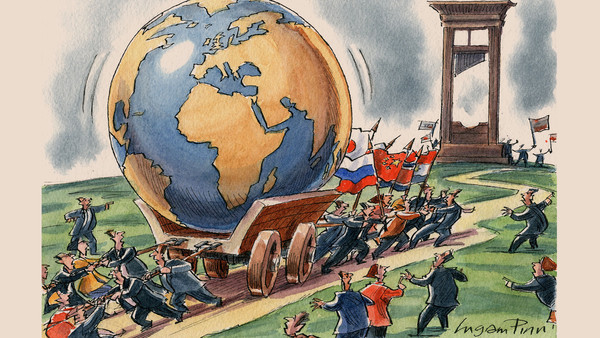World politics refers to the way nations interact with each other on a global scale, through diplomatic channels, economic ties, and military relationships. It is a complex and ever-changing field, influenced by a wide range of factors, including history, culture, ideology, and geography.
One of the most significant trends in world politics in recent years has been the rise of nationalism and populism. This trend has been fueled by a variety of factors, including economic insecurity, social inequality, and fears of globalization. Many countries have seen the emergence of populist leaders who have capitalized on these fears to gain power and influence.
Another major trend in world politics is the growing importance of technology and communication. The internet, social media, and other forms of digital technology have transformed the way people interact with each other, and this has had a significant impact on the political landscape. For example, social media has been used to spread propaganda and misinformation, as well as to mobilize political movements and protest movements.
In addition to these trends, world politics is also shaped by a range of geopolitical factors. One of the most significant of these is the balance of power between different nations and regions. The United States has long been the dominant power in the world, but its influence is being challenged by rising powers such as China, Russia, and India. This has led to increased competition and tension between these countries, as they jockey for position on the global stage.
Another important factor in world politics is international law and institutions. The United Nations, for example, plays a crucial role in facilitating communication and cooperation between nations, and in resolving conflicts through diplomacy and peacekeeping. However, the effectiveness of these institutions is often limited by the interests and power dynamics of the member states.
Ultimately, world politics is a complex and constantly evolving field that is shaped by a wide range of factors. As the world becomes increasingly interconnected, it is more important than ever for nations to work together to address shared challenges such as climate change, terrorism, and economic inequality. At the same time, it is important to recognize and respect the diverse cultures and values of different nations, and to work towards a more equitable and peaceful world order.







